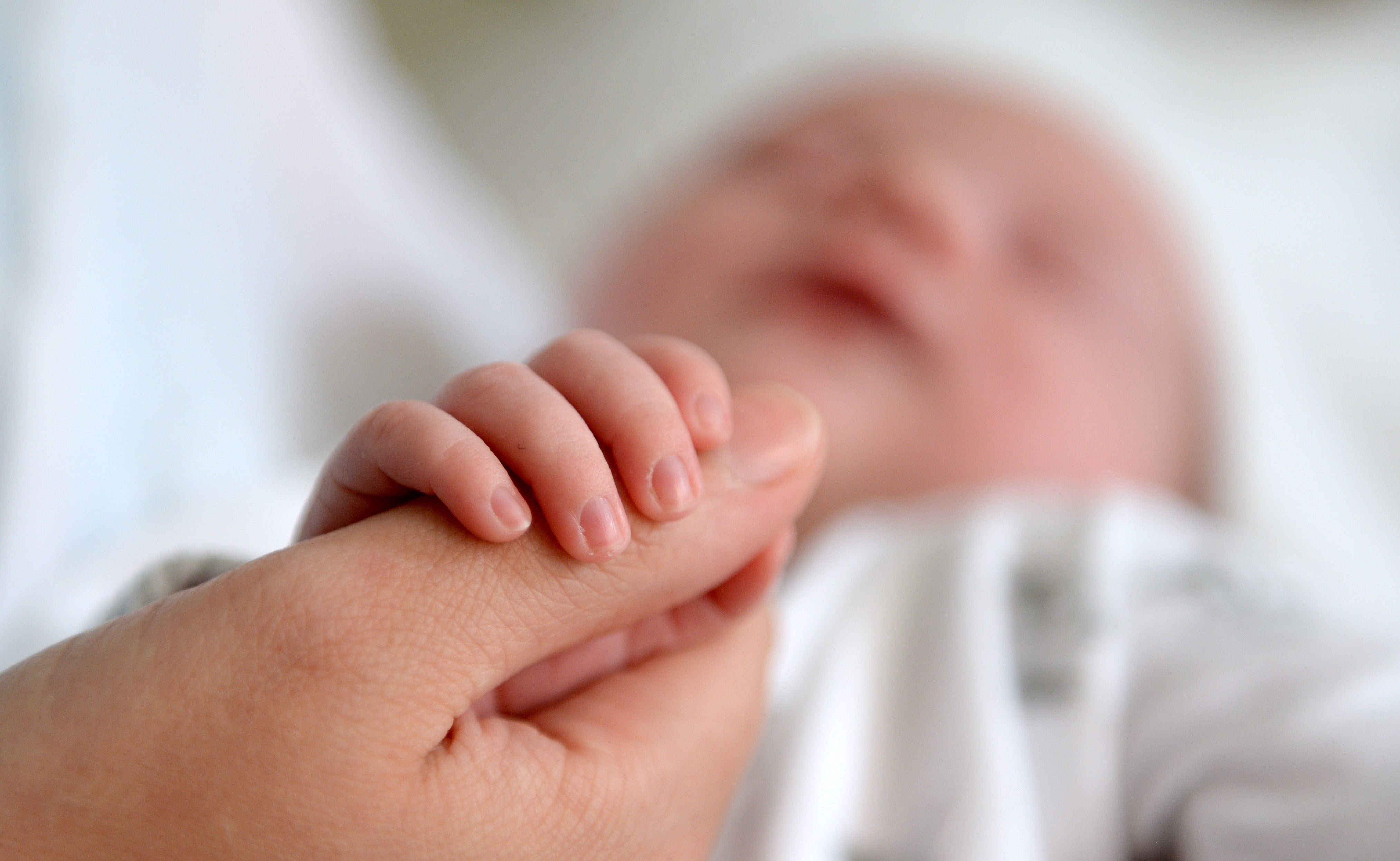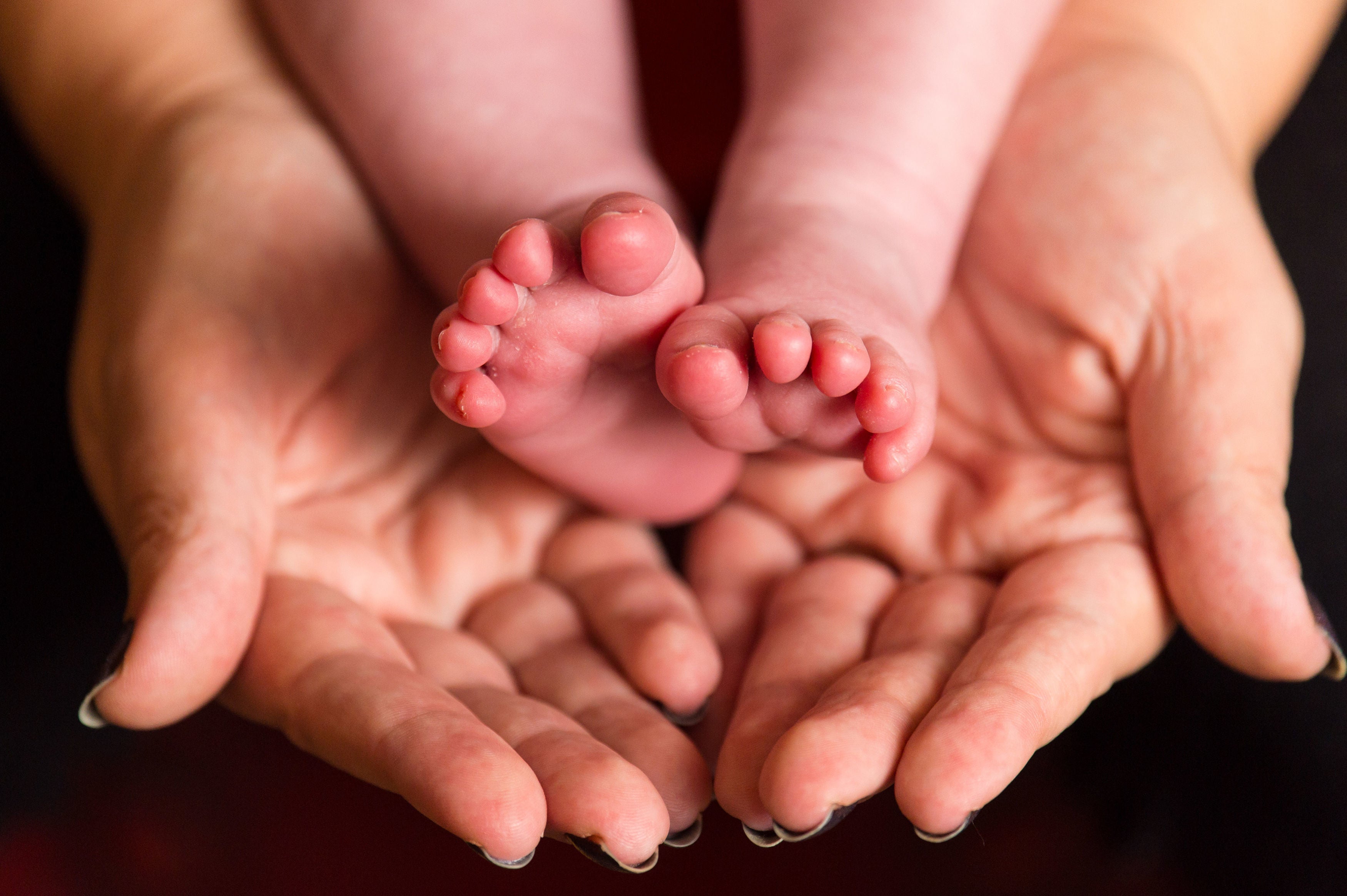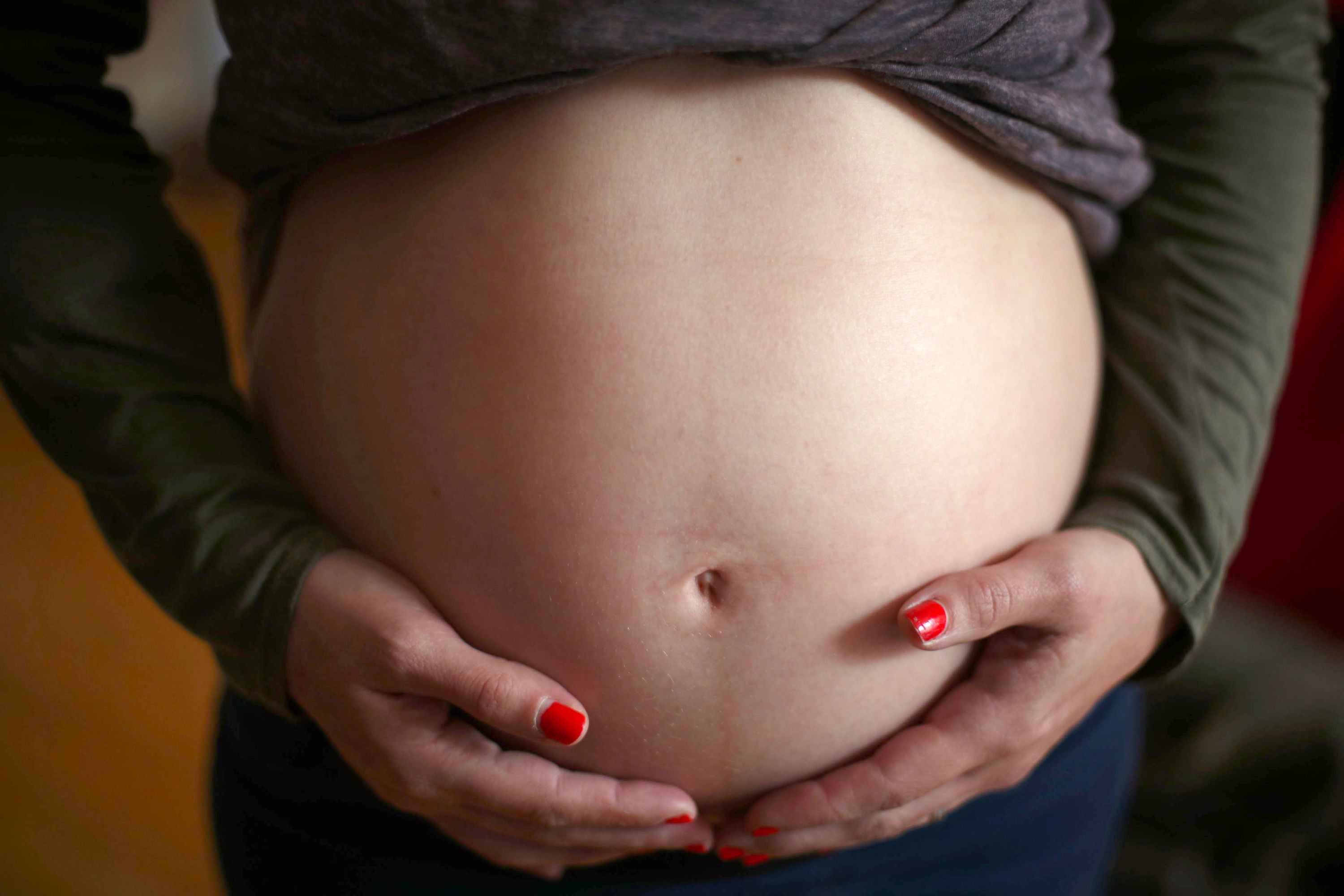Deadly infection risk in newborns could be higher than previously thought, study warns
The number of preventable infections could be up to ten times higher than previously expected

Newborn babies could be at a higher risk of a deadly bacterial infection carried by their mothers than previously thought.
Group B Strep or GBS is a common bacteria found in the vagina and rectum which is usually harmless.
However, it can be passed on from mothers to their newborn babies leading to complications such as meningitis and sepsis.
NHS England says that GBS rarely causes problems and 1 in 1,750 babies fall ill after contracting the infection.
However, researchers at the University of Cambridge have found that the likelihood of newborn babies falling ill could be far greater.

They claim one in 200 newborns are admitted to neonatal units with sepsis caused by GBS. Pregnant women are not routinely screened for GBS in the UK and only usually discover they are carriers if they have other complications or risk factors.
The team reanalysed data from its previous study which found GBS in the placenta of about 5% of women prior to labour.
The cohort included 436 babies born full-term, with the team confirming their findings in a second group of 925 pregnancies.
Jane Plumb, co-founded charity Group B Strep Support with her husband Robert after losing their middle child to the infection in 1996.
She said: “This important study highlights the extent of the devastating impact group B Strep has on newborn babies, and how important it is to measure accurately the number of these infections.
“This research suggests that the number of preventable infections may be ten times higher than previously thought, each one having a significant impact on babies and their families.
“Inadequate data collected on group B Strep is why we recently urged the Government to make group B Strep a notifiable disease, ensuring cases would have to be reported.
“Without understanding the true number of infections, we may not implement appropriate prevention strategies and are unable to measure their true effectiveness.”

Dr Francesca Gaccioli, of the department of obstetrics and gynaecology at the University of Cambridge, said the team’s findings – published in Nature Microbiology – “profoundly changes the risk/benefit balance of universal screening”.
The research team has developed a new polymerase chain reaction (PCR) test which looks for the presence of the bacteria.
Professor Gordon Smith, head of obstetrics and gynaecology at the University of Cambridge, said: “Using this new test, we now realise that the clinically-detected cases of GBS may represent the tip of the iceberg of complications arising from this infection.
“We hope that the ultra-sensitive test developed by our team might lead to viable point-of-care testing to inform immediate neonatal care.”
The study was funded by the Medical Research Council and supported by the National Institute for Health Research (NIHR) Cambridge Biomedical Research Centre.
Join our commenting forum
Join thought-provoking conversations, follow other Independent readers and see their replies
Comments
Bookmark popover
Removed from bookmarks